It appears that years of backlash have come to a boiling point after the reveal of Genshin Impact’s Natlan region character designs, which players and even some of the game’s voice actors say are white-washed designs of African, Polynesian, and Mayan myths and deities.
Genshin Impact is no stranger when it comes to controversy. The game and its developers at HoYoverse have been accused of things like being a Legend of Zelda: Breath of The Wild copycat in the past. In addition, the game has faced negative reception for prioritizing its Gacha mechanics so unabashedly. Despite all of the noise surrounding it, Genshin Impact and HoYoverse have maintained their grip on the gaming zeitgeist of the 2020s.
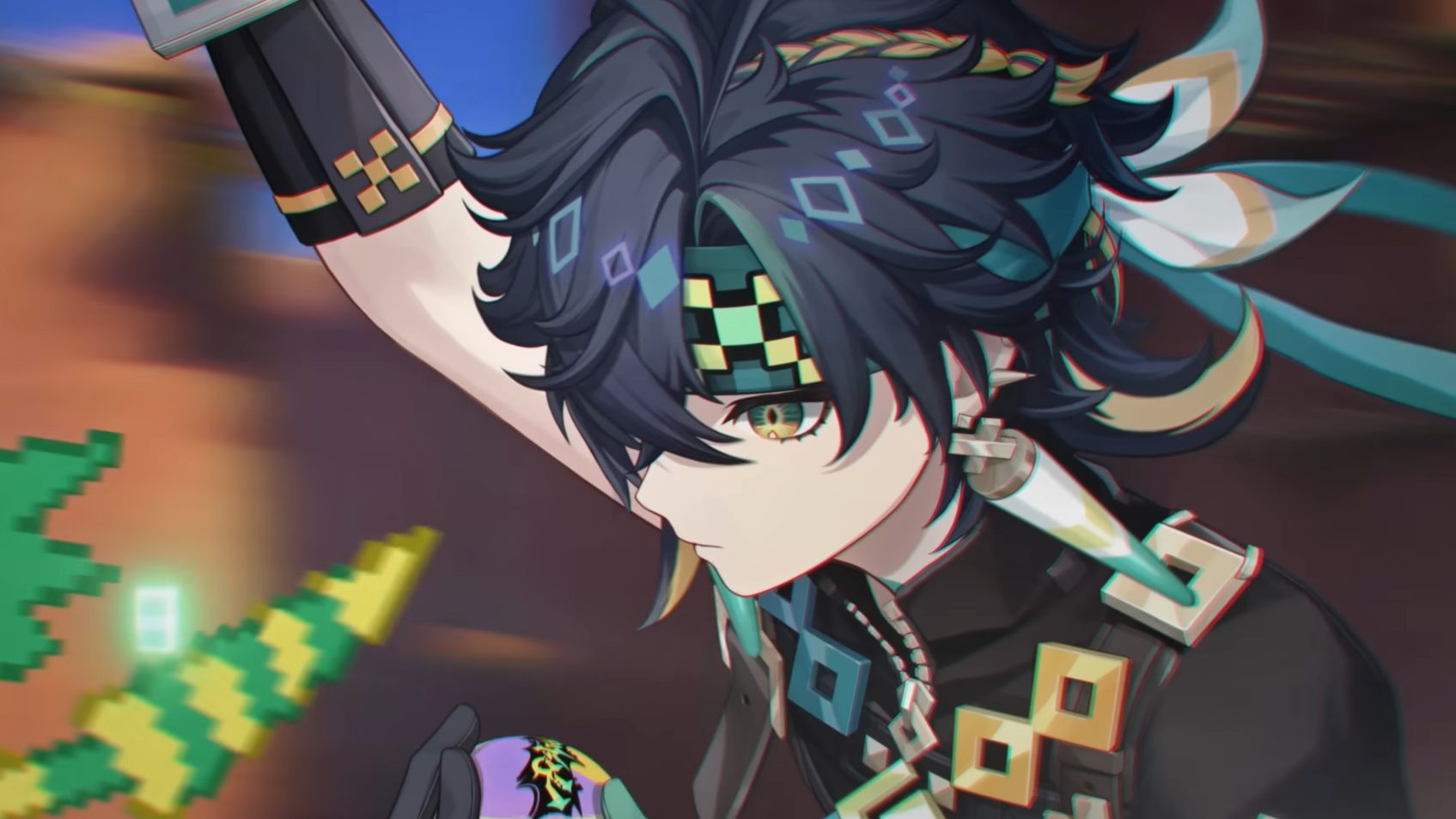
Screenshot via Genshin Impact YouTube
As players continue to explore the world in Genshin Impact and updates diversify what can be found, gamers come across new regions and cultures. HoYoverse has always been upfront about the fact that the Regions in Genshin Impact are influenced by real world cultures. Many characters embody deities from popular religions, as well as folklore. Enter the Natlan Region.
The new Genshin Impact trailer promises players an update featuring a tournament that takes place in Natlan. With it, arrive characters like Mavukia, Kinich, and Ororon. As other outlets also report, these characters appear to be inspired by deities like the Maori’s Mahuika, Mayan god Kinich Ahau, and Yoruban deity Olorun. Because these cultures tend to be represented by people with darker skin, especially as some have been represented in other games like SMITE, people have been asking across the internet: Where’s their melanin? Now, the game’s own voice actors are joining in.
Khoi Dao, Zeno Robinson, Valeria Rodriguez, Jenny Yokobori, and Allegra Clark, who voice Albedo, Sethos, Sucrose, Yoimiya, and Beidou respectively, have all posted statements calling into question the way Genshin Impact continues to (mis)represent certain characters. Many of these voice actors are referring to these representations as cultural appropriation, and criticizing the general lack of darker skinned characters in the game and world.
Valeria Rodriguez emphasized the sentiment that companies using real-world deities and cultures should pay their respect to those cultures, and one way of doing that could be reflecting research through accurate representation and appreciation. There are many fans who agree, mentioning they might even become more interested in Genshin Impact if there were more diversity in the game.
That’s not to say these voices haven’t received their own pushback. Some fans believe this criticism is representative of American values alone. Some of these dissenters believe gamers are attempting to force Asian developers into conformity with a western mindset, and there are those that flat-out called these ideas “pontification” and “US-Washing.” There’s plenty of disagreement with those sentiments, of course, calling these types of perspective racist, although there are several who appear to think it’s the other way around. There are many different takes on this situation, but one thing is clear: The fanbases for Genshin Impact seem to be at a crossroads.
Genshin Impact and Hoyoverse have long-targeted a global audience. It seems as if the goal at HoYoverse has been to make as many communities happy with their media as possible. While one base of gamers and actors have expressed wanting to see more cultures and ideas respected in HoYoverse games, the developer is at no obligation to comply—especially considering the fact there are just as many people who seem to believe the games are better off without anything believed to be “forced” diversity and pandering to an audience they think are undeserving.
It’s clear all of these communities, who have expressed plenty of interest in and support in Genshin Impact, want to see the game grow, and hope this growth includes the incorporation of the values they hold. But HoYoverse will most likely do what makes itself the most money possible. Will it pay more to accept wrongdoing, to push back and double down, or would it be better for HoYoverse to simply carry on like nothing has happened?
At this point, Genshin Impact appears to run the risk of losing players and people who may have given the game a shot otherwise, and that’s accounting for any of the ways that HoYoverse decides to address this matter, if at all. Although HoYoverse has never really confronted these types of situations, having voice actors among the dissent is likely to make an impact. These are employees who play a large part in the way these games are perceived by audiences—and they might just force a response from the developer.


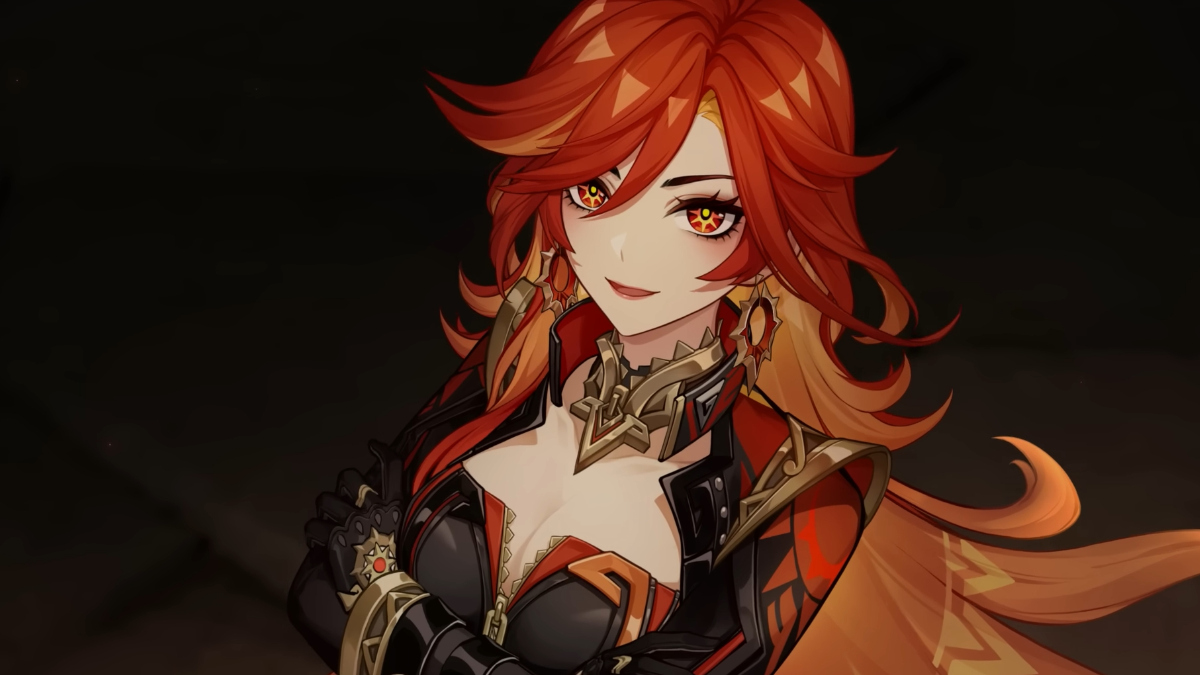
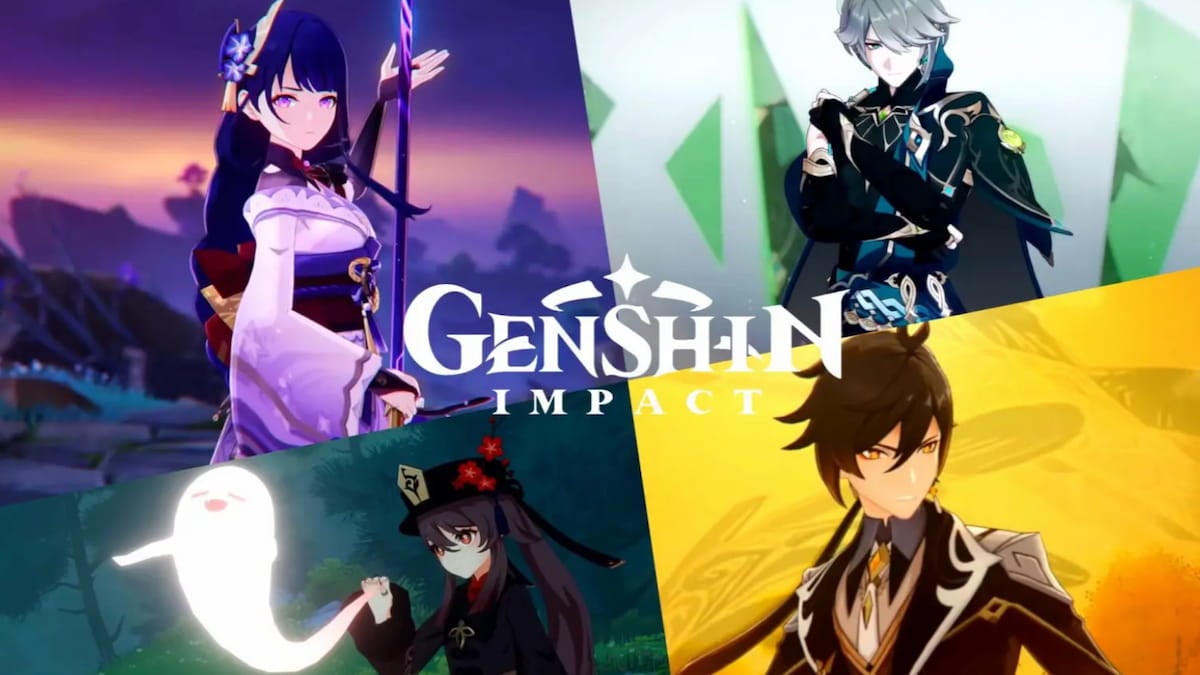
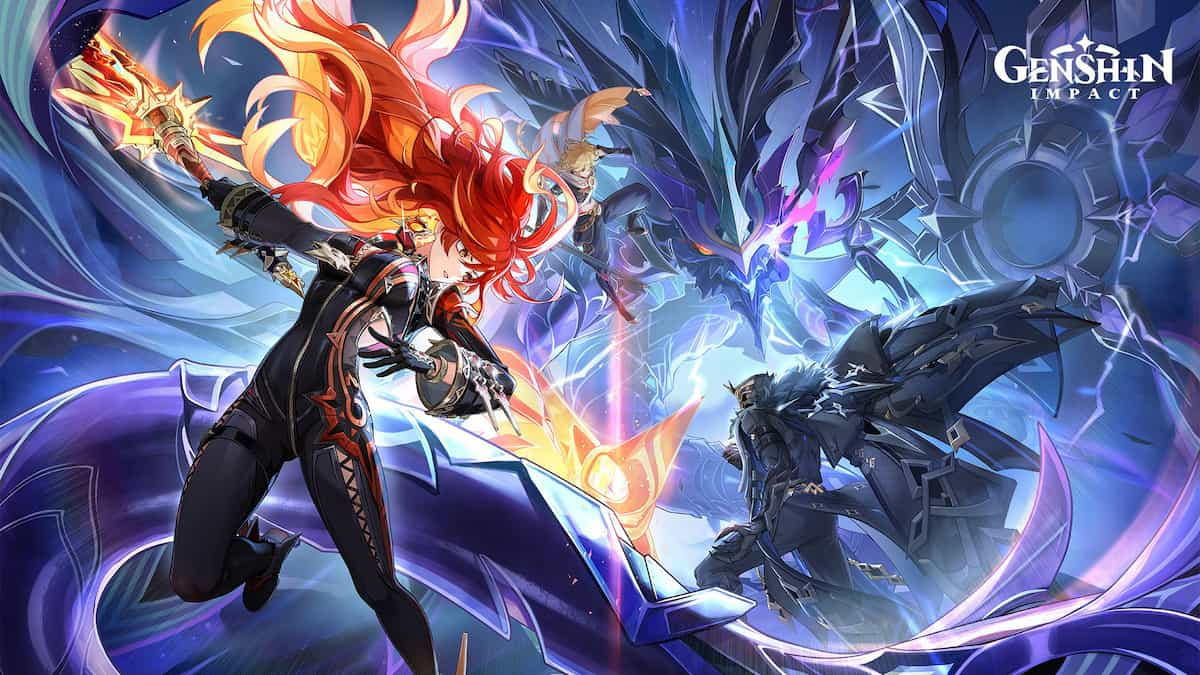
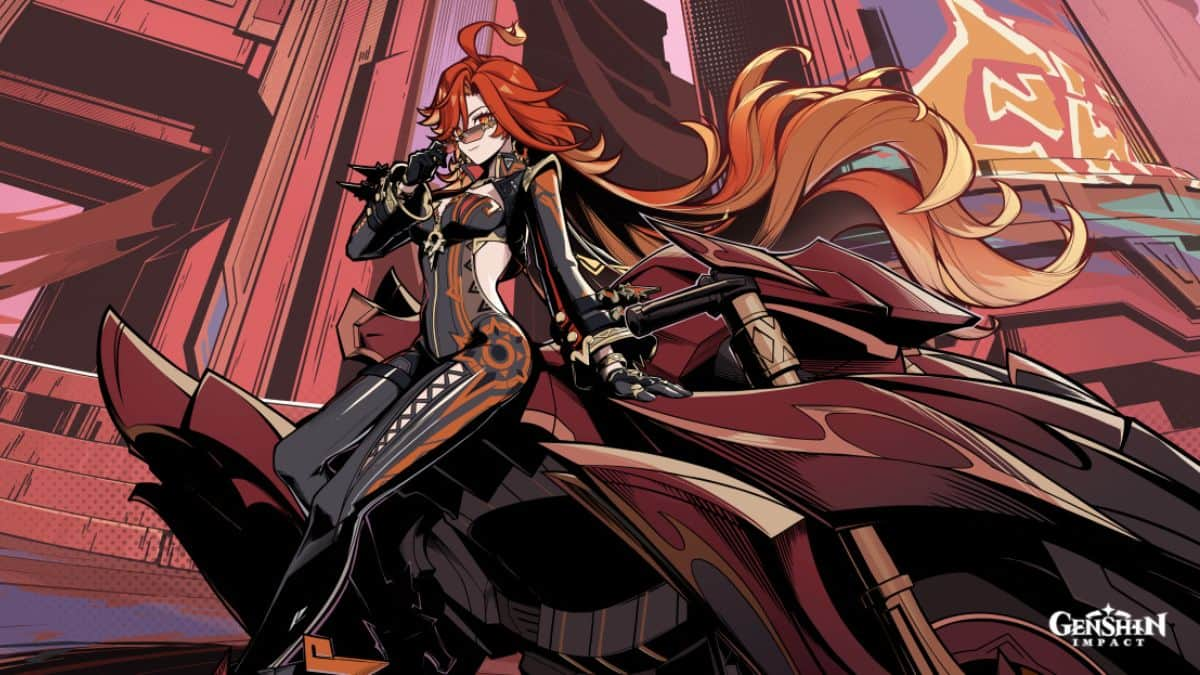
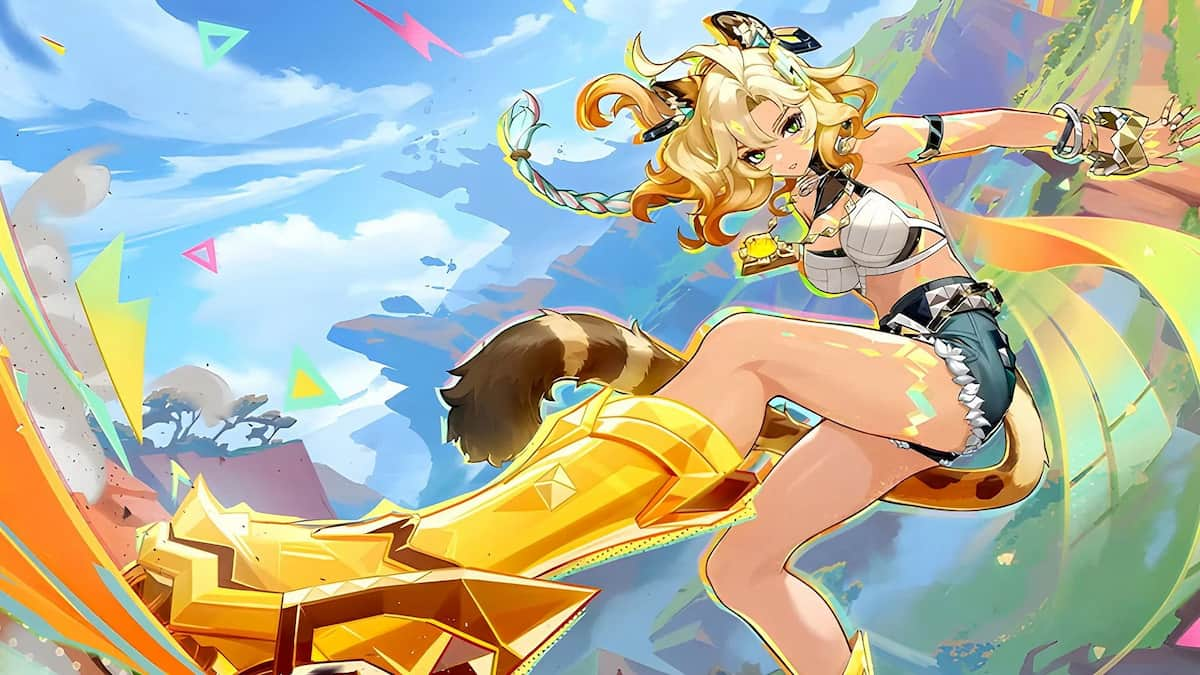
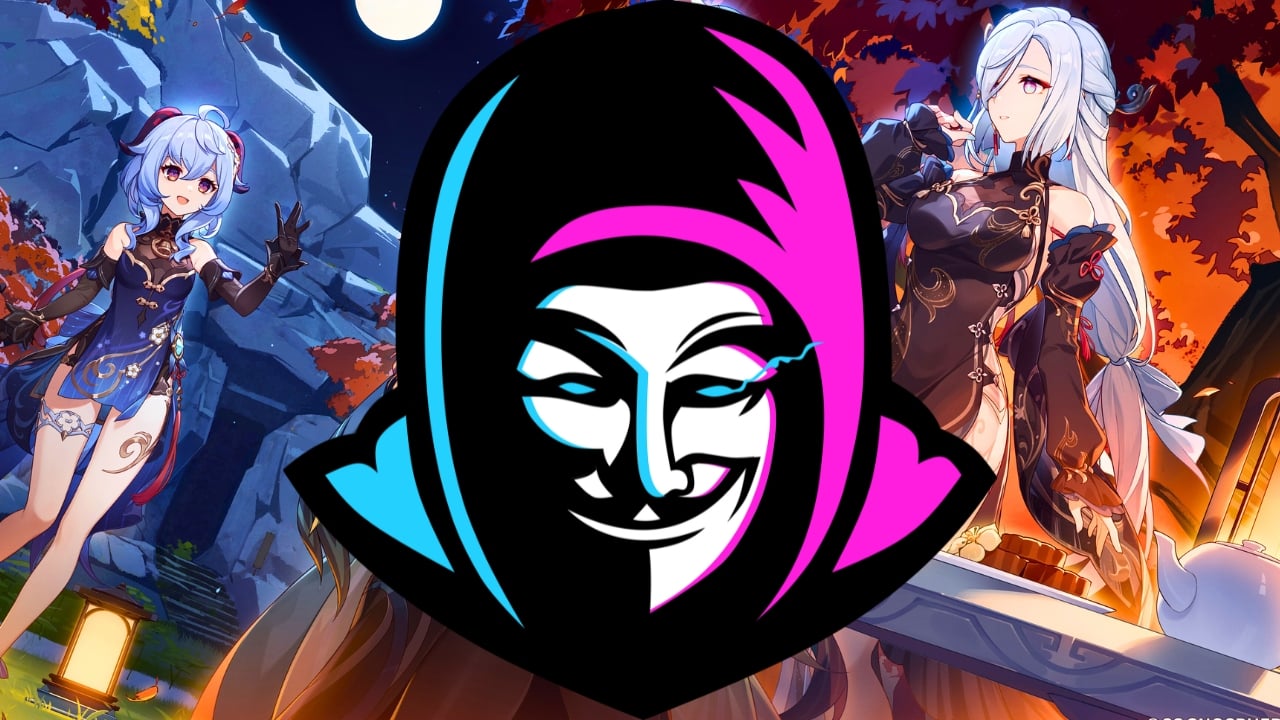
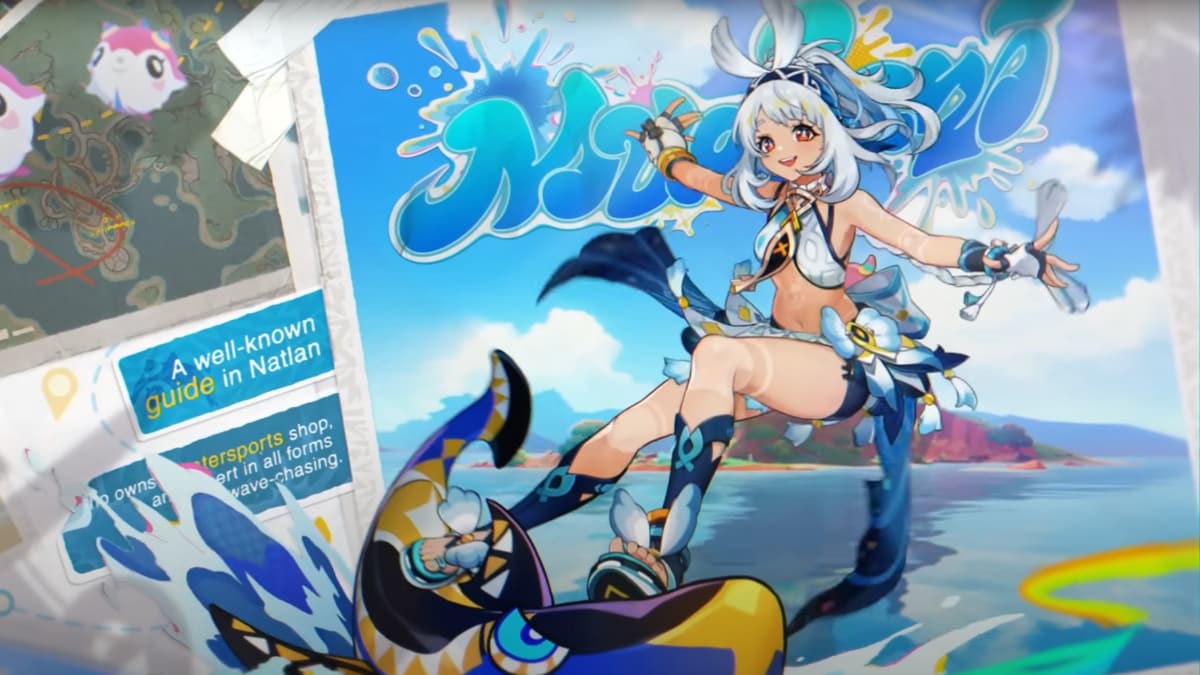
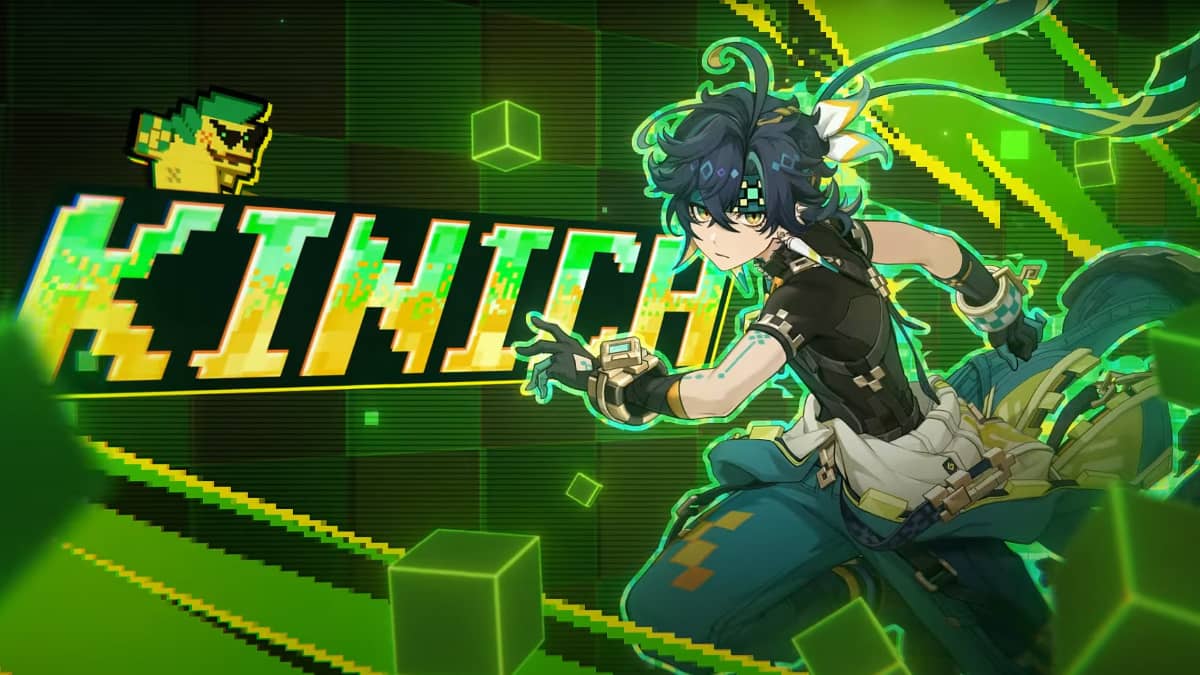
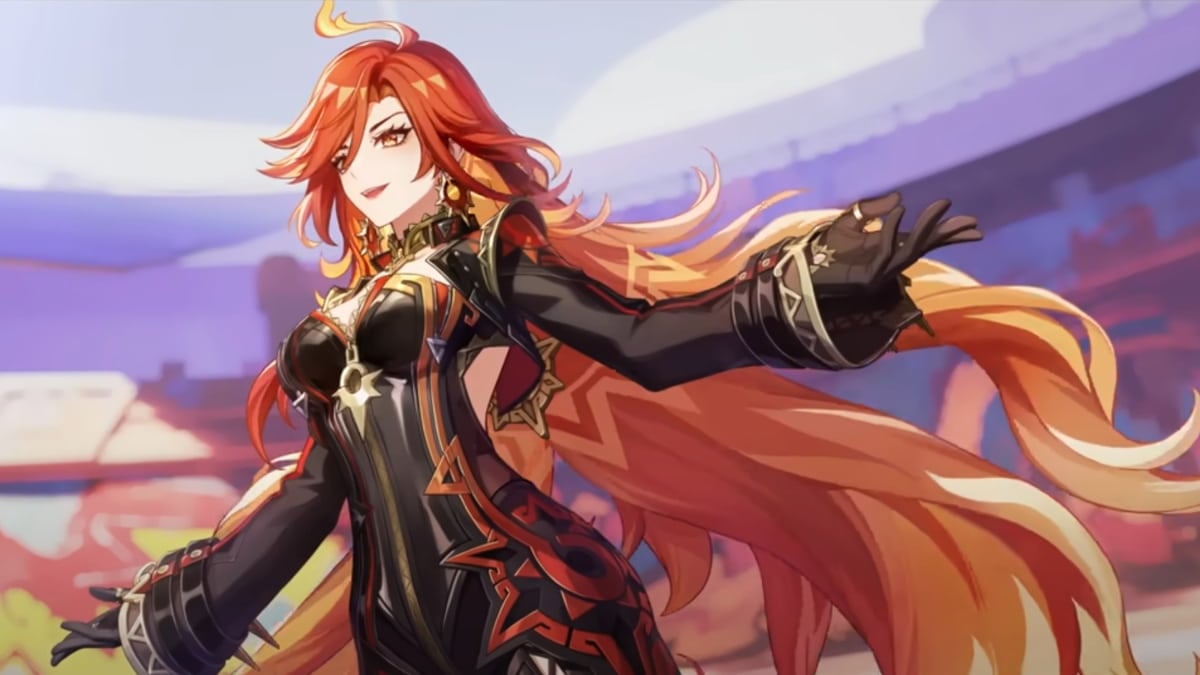
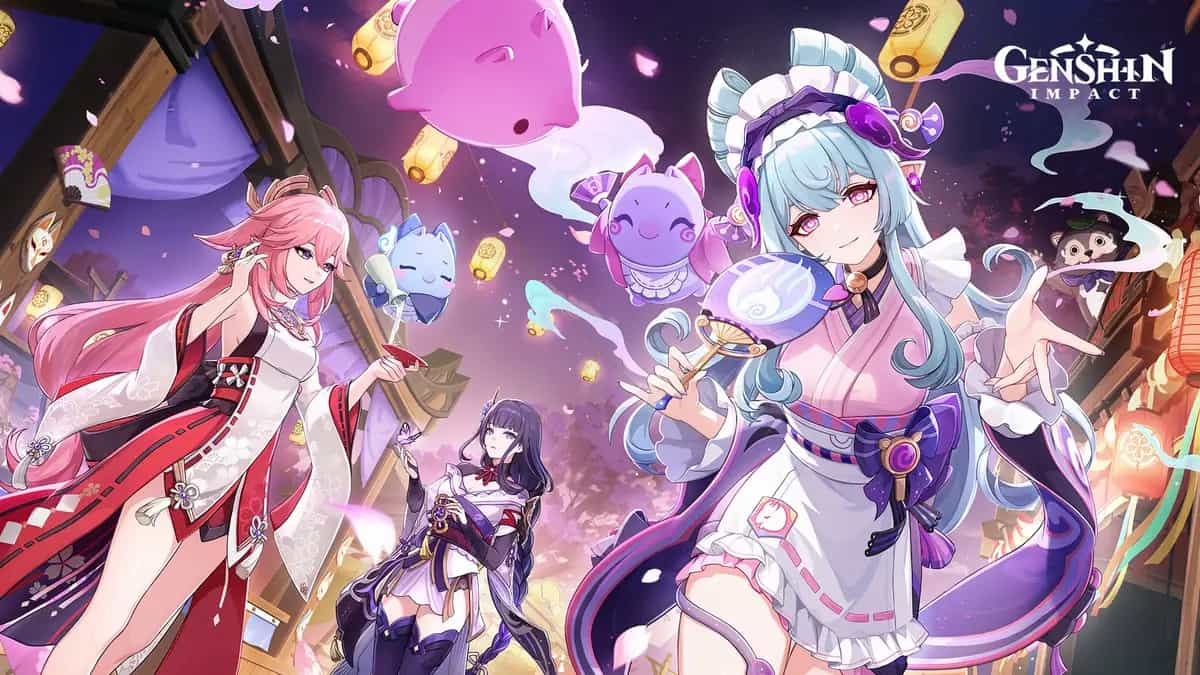
Published: Jul 16, 2024 04:14 pm